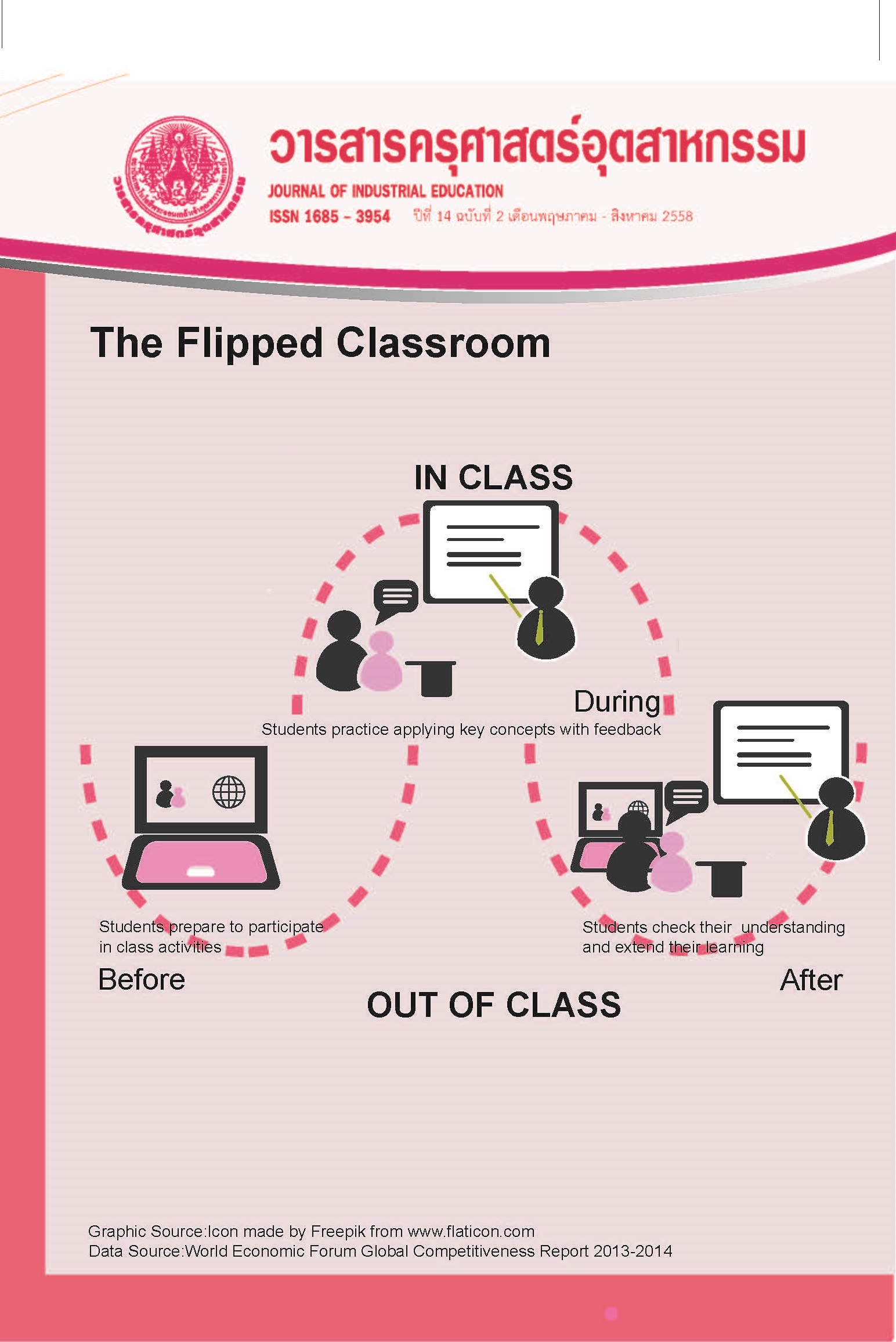Information Technology Training Model Development for Management Sustainable Tourism Network under Sufficiency Economy Philosophy of Local Government
Main Article Content
Abstract
The purpose of this research was to construct a training program for the development of an information technology model development for the management of a sustainable tourism network using the sufficiency economy philosophy of local government administration. The research methodology comprised a survey research, a documentary research and one group pretest and posttest of experimental research design. The population and sample group chosen for this study were 263 local government administrators for the development of a training model stage of the research, and 25 administrators for the feasibility study of training model stage. The tools for data collection were a questionnaires and an evaluation form. Statistics utilized for data analysis were frequency, percentage, mean and standard deviation.
The results of the study for the development of training model stage revealed that the success of local government administration tourism network was equipped with well-organized infrastructures, travel services, the reputation of tourism activities, and the availability of a website. However, there was a need both for personal who could directly take responsibility for the local government administration tourism network, as well as for personal that were knowledgeable in constructing and managing the tourism network through training. The training needs included the construction, management, and utilization of information technology. For the feasibility study of the training model stage, the results showed that when a Readiness Training Time-frame and Evaluation Model or RTTE model was administered, the training participants were satisfied with the training process, the training contents, the training activities, the venue, and training management at the high level. The training participants were more knowledgeable after than before the training. It was found that this training could be conducted under the sufficiency economy philosophy of local government administration so that the tourism network would be sustainable, have potential, be perceivable, be negotiable, and be accessible. This would allow it to have value for both the community and for socio-economic development.
Article Details
"The opinions and contents including the words in papers are responsibility by the authors."
"ข้อคิดเห็น เนื้อหา รวมทั้งการใช้ภาษาในบทความถือเป็นความรับผิดชอบของผู้เขียน"
References
[2] เทิดชาย ช่วยบำรุง. 2552. บทบาทขององค์กร ปกครองส่วนท้องถิ่นกับการพัฒนาการท่องเที่ยว อย่างยั่งยืน บนฐานแนวคิด เศรษฐกิจพอเพียง. กรุงเทพฯ: สำนักพิมพ์คณะรัฐมนตรีและราชกิจจานุเบกษา.
[3] รชพร จันทร์สว่าง. 2546. เอกสารการสอนชุด วิชาการจัดการธุรกิจท่องเที่ยวเพื่อเป็นรางวัล. สาขาวิชาวิทยาการจัดการ มหาวิทยาลัยสุโขทัยธรรมาธิราช. นนทบุรี : สำนักพิมพ์มหาวิทยาลัยสุโขทัยธรรมาธิราช.
[4] ชัยฤทธิ์ โพธิสุวรรณ. 2552. ความพร้อมในการเรียนรู้โดยการชี้นำตนเองของผู้เรียนผู้ใหญ่ของกิจกรรมการศึกษาผู้ใหญ่บาง ประเภท. กรุงเทพฯ : สาขาวิชาการศึกษา ผู้ใหญ่ภาควิชาอาชีวศึกษา คณะศึกษาศาสตร์มหาวิทยาลัยเกษตรศาสตร์.
[5] ยงยุทธ เกษสาคร. 2544. เทคนิคการฝึกอบรมและการประชุม. กรุงเทพฯ : เอสแอนด์จีกราฟิค.
[6] สมคิด บางโม. 2549. เทคนิคการฝึกอบรมและการประชุม. พิมพ์ครั้งที่ 3. กรุงเทพฯ: โรงพิมพ์วิทยพัฒน์.
[7] Seels, B and Z.Glasgow. 1998. Making Instructional Design Decisions. New Jersey: Prentice – Hall, Inc.
[8] ระพีพรรณ ทองห่อ และคณะ. 2551. คู่มือการจัดการและการสร้างเครือข่ายการท่องเที่ยวโดยชุมชน. มหาวิทยาลัยรามคำแหงและมหาวิทยาลัยสุโขทัยธรรมาธิราช.
[9] ดรรชนี เอมพันธุ์. 2546. ระบบการจัดการการท่องเที่ยวเชิงนิเวศ. ในเอกสารประกอบการสอนวิชา 308424 การวางแผนจัดการการท่องเที่ยวเชิงนิเวศ. กรุงเทพฯ : ภาควิชาอนุรักษวิทยาคณะวนศาสตร์ มหาวิทยาลัยเกษตรศาสตร์.
[10] นภดล ภาคพรต. 2546. ความหมาย ความสำคัญ และหลักการการจัดการการท่องเที่ยวอย่างยั่งยืน. เอกสารชุดฝึกอบรมทางไกลหลักสูตรการจัดการการท่องเที่ยวชุมชนอย่างยั่งยืน. สำนักงานพัฒนาการท่องเที่ยว กระทรวงท่องเที่ยวและกีฬา. มหาวิทยาลัยสุโขทัยธรรมาธิราช.
[11] วรรณา วงษ์วานิช. 2546. ภูมิศาสตร์การท่องเที่ยว. กรุงเทพมหานคร: มหาวิทยาลัยธรรมศาสตร์.
[12] ยุพวัลย์ ทองใบอ่อน. 2557. การพัฒนารูปแบบการฝึกอบรมวิชาชีพผ่านเว็บ กรณีศึกษา : วิชาการจัดดอกไม้แบบตะวันออกในโครงการฝึกอบรมวิชาชีพ. วารสารครุศาสตร์อุตสาหกรรม, 13(2), น. 34-41.
[13] สุรชัย จิวเจริญสกุล. 2545. การพัฒนาแบบจำลองการฝึกอบรมสู่แนวทางการทำอาชีพธุรกิจร้านอาหาร. วิทยานิพนธ์ ปริญญาศิลปะศาสตรดุษฎีบัณฑิต สาขาวิชา อาชีวศึกษามหาวิทยาลัยเกษตรศาสตร์.

